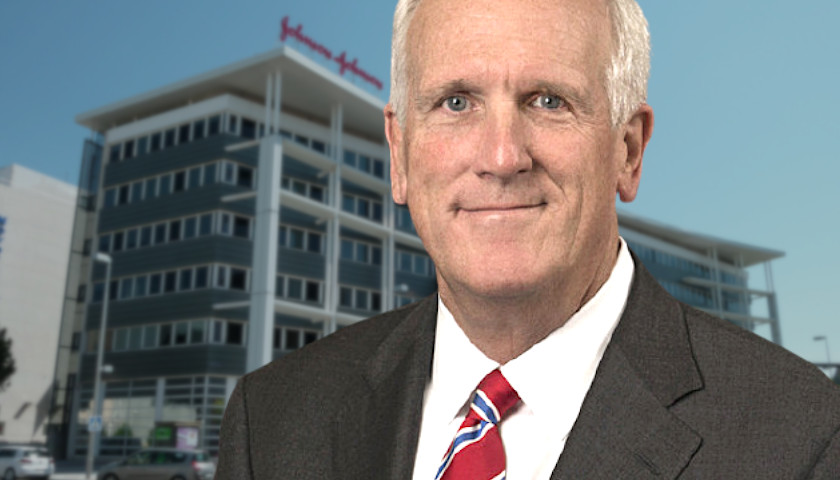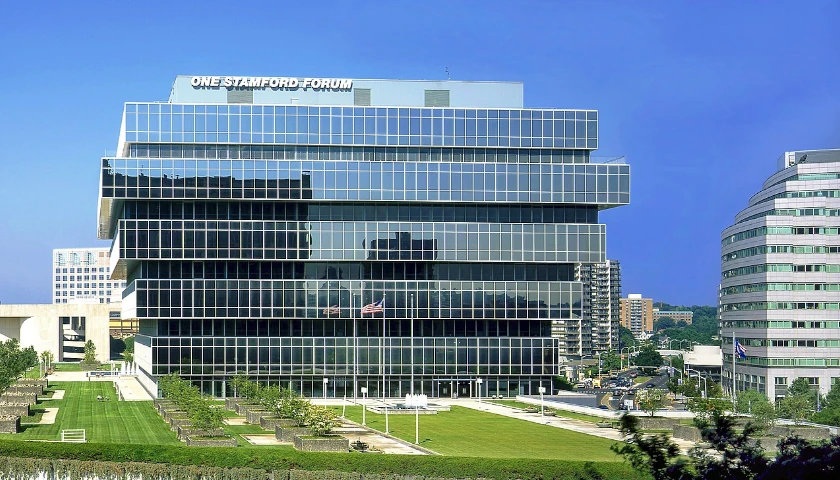Tennessee Attorney General Herbert Slatery marked a key milestone in the $26 billion opioid agreement with the nation’s major pharmaceutical distributors – Cardinal, McKesson, AmerisourceBergen, and Johnson & Johnson over the companies’ role in creating and fueling the nationwide opioid crisis.
The agreement requires significant industry changes that will help prevent this type of crisis from happening again. Furthermore, the agreement resolves investigations and litigation over the companies’ roles in creating and fueling the opioid epidemic.
Cardinal, McKesson, and AmerisourceBergen collectively will pay up to $21 billion over 18 years. Johnson & Johnson will pay up to $5 billion over nine years with up to $3.7 billion paid during the first three years, according to the office of the North Carolina Attorney General.
Following the 52 states and territories signing on to the agreement since July, thousands of local governments have joined during the subdivision sign-on period, according to a Thursday press release by the office of the Tennessee Attorney General. In Tennessee, more than 150 local governments joined the settlements, including every county and all cities with populations of 25,000 or more.
“Today we have every reason to be encouraged: we have impressive participation, nationally and locally, to get this settlement across the finish line. There are really too many people to thank, but a point I want to emphasize is the way my AG colleagues from very different political positions put those differences aside and worked really hard to tackle a problem common to all states, territories, and localities,” Slatery said in a statement. “Another key factor was how the Governor’s team, the leadership and legislative sponsors in the General Assembly, and the local governments acted quickly to put a structure in place to effectively use the settlement funds.”
The attorneys general of North Carolina, Tennessee, California, Colorado, Connecticut, Delaware, Florida, Georgia, Louisiana, Massachusetts, New York, Ohio, Pennsylvania, and Texas led negotiations for the agreements, according to the press release.
In a joint statement, the attorneys general for those states said, “This agreement has received remarkable support from states and local governments. That widespread participation underscores how meaningful these funds will be in our fight against the opioid crisis. Almost all of the money will be used to support the most effective solutions to help people struggling with substance use disorders. This agreement represents our most significant opportunity to help hundreds of thousands of people across the nation regain their health and control over their lives.”
– – –
Kaitlin Housler is a reporter at The Tennessee Star and The Star News Network. Email tips to [email protected]
Background Photo “Johnson&Johnson Building” by Luis García. CC BY-SA 3.0.






[…] and control over their lives,” the group of attorneys general who negotiated the settlement said in a statement […]
I am staunchly opposed to the legalization of marijuana in any form. One only has to study what has happened in the other states that have gone down this path primarily (in my opinion) to grab more tax dollars. It has led to corruption and more illegal sales.
It would be nice if we could have legalized medicinal marijuana. It is far safer than Jack Daniel’s. I was utterly amazed when I first moved here the drug addiction. Tennessee had been second only to West Virginia for narcotics abuse and overdose.